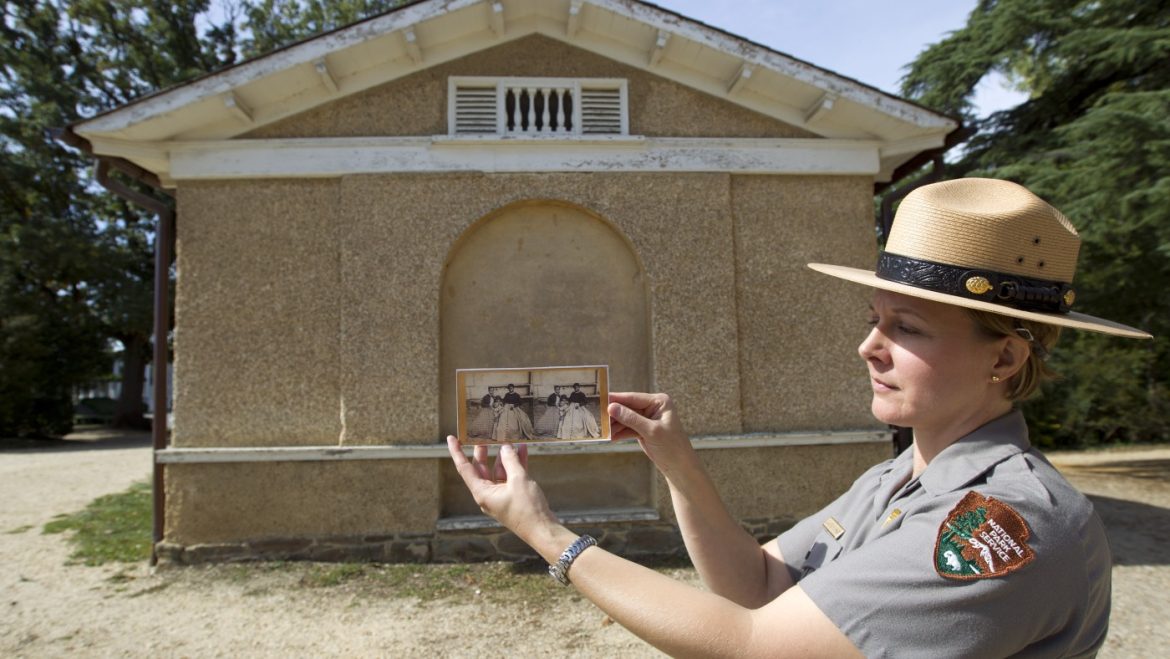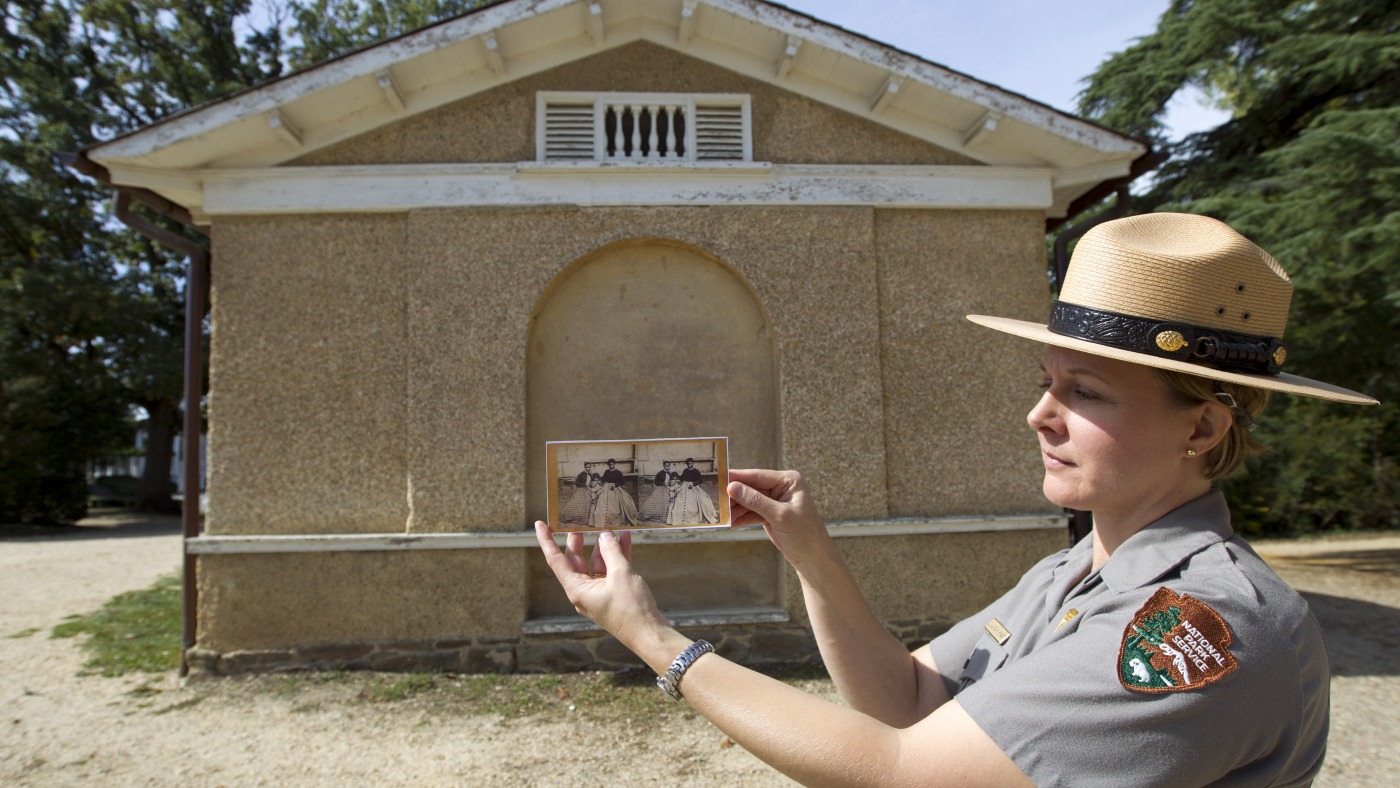Rewriting History? The Controversy Sparking at National Parks
Imagine strolling through a national park, a place revered for its natural beauty and historical significance. Suddenly, you encounter a sign urging you to report any information that paints a “negative” picture of American history. Sounds like a scene from a dystopian novel, right? Well, this is rapidly becoming a reality across the country. A recent directive from the Department of the Interior (DOI) is mandating the National Park Service (NPS) to post signage at all its sites, inviting visitors to flag content they believe “misrepresents” American history or “disparages” Americans. This initiative, spearheaded by former Interior Secretary Doug Burgum, has ignited a fierce debate, raising concerns about historical accuracy, censorship, and the potential for political manipulation within these treasured spaces.
Unpacking the Directive: What’s the Plan?
The DOI’s order, stemming from a previous executive order, requires the NPS to install these signs by a specific deadline. The signs prompt visitors to report anything they perceive as negative or inaccurate regarding American history, landscapes, or figures. This includes “signs or other information that are negative about either past or living Americans.” The stated goal is to ensure that park information “accurately reflect American history and not partisan ideology.” While the intention might be presented as promoting a balanced historical perspective, critics argue that the vague language and subjective nature of “negative” and “disparaging” opens the door to the selective erasure or downplaying of uncomfortable truths.
The Heart of the Controversy: Whose History Is It?
The core issue lies in the interpretation of history. History is rarely a simple, straightforward narrative. It encompasses triumphs and tragedies, heroes and villains, progress and setbacks. By focusing solely on the positive aspects and suppressing dissenting voices or interpretations, we risk creating a sanitized and incomplete version of the past.
- Subjectivity and Interpretation: What one person considers a balanced portrayal of history, another might perceive as biased or incomplete. The directive doesn’t provide clear guidelines or criteria for determining what constitutes a “negative” depiction, leaving it open to individual interpretation and potential abuse.
- The Danger of Erasure: History is full of painful truths, including the displacement and mistreatment of Indigenous populations, the horrors of slavery, and the struggles for civil rights. Ignoring or downplaying these events does a disservice to the victims and prevents us from learning from our mistakes. Erasing these narratives effectively silences the voices of marginalized communities and perpetuates a distorted view of the past.
- Chilling Effect on Park Rangers: The directive could create a chilling effect on park rangers and historians, potentially discouraging them from presenting a full and accurate account of historical events for fear of reprisal or controversy. This self-censorship could compromise the integrity of the NPS and its mission to educate the public.
Beyond History: Other Concerns
The initiative extends beyond historical narratives, raising additional concerns about the management and purpose of national parks.
- Shift in Priorities: Critics argue that this focus on policing “negative” information distracts from more pressing issues facing national parks, such as climate change, infrastructure maintenance, and protecting endangered species.
- Visitor Experience: The presence of these signs, and the potential for conflict and controversy they create, could detract from the overall visitor experience and undermine the sense of tranquility and reflection that national parks are meant to provide.
- Open to Manipulation: The call for visitor feedback could be exploited by individuals or groups with specific agendas, leading to a flood of biased reports aimed at pushing a particular political narrative.
The Broader Implications: A Battle for Historical Narrative
This initiative within the National Park Service is not an isolated event. It is part of a broader trend of re-examining historical narratives and challenging established interpretations. While a healthy debate about history is essential, the concern is whether this is a genuine effort to achieve a more balanced understanding or a deliberate attempt to rewrite history to serve a particular ideological agenda. The implications extend far beyond the boundaries of national parks, impacting how we understand our past, present, and future as a nation.
A Call to Vigilance: Protecting Our Shared Heritage
The directive to post signage encouraging visitors to report “negative” information at national parks is a cause for concern. While presenting a balanced historical perspective is important, the subjective nature of the directive and the potential for censorship pose a serious threat to the accurate and complete telling of our nation’s story. It is crucial to remain vigilant and advocate for the preservation of historical integrity within our national parks and beyond. These spaces belong to all Americans, and it is our shared responsibility to ensure that they continue to serve as places of learning, reflection, and honest engagement with our past, in all its complexities.


